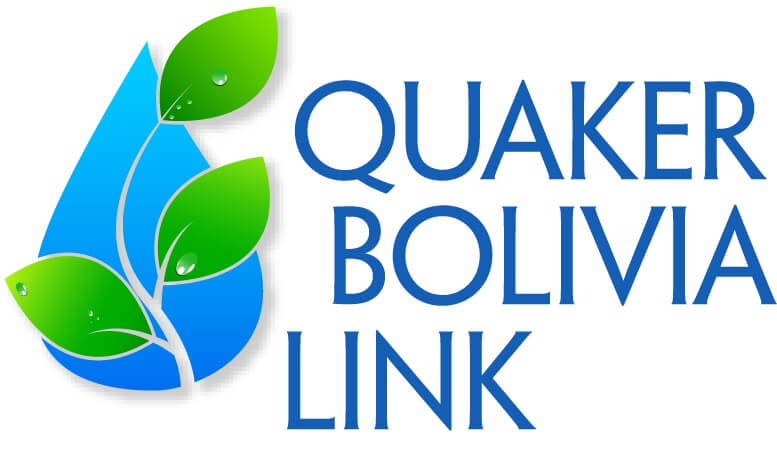Global Giving is a respected site that puts projects from all over the world on its website and manages donations from all over the world in support of those projects. QBL was accepted earlier for its Jananqui project (see it at http://www.globalgiving.org/projects/jankoaqui-water-project/) and recently has been accepted also for the Vilaque water project (see it at http://www.globalgiving.org/projects/essential-water-projects-for-bolivians/ Global Giving provides a 30% match for donations on one day only, Wednesday, October 19, 2011.
Summary
This project will provide a water system to the community of Vilaque, which currently lacks access to clean water. It is located in the Pacajes province, in the municipality of Santiago de Callapa, an area suffering from some of the highest poverty rates in South America. In areas where water is available, it is often salty. This project will improve the health of 38 families where the most frequent illnesses in children are diarrhea and respiratory infections.
What is the issue, problem, or challenge?
The 2011 census found that 60% of the families in the community had unmet basic needs. Most families in this area farm and have animals. Traditional Andean crops are the main source of income, with sheep, llamas and cattle to a lesser extent. There has been no training to improve the traditional agricultural methods. The community lacks any health infrastructure. This community can only begin to move forward with access to clean water for themselves, their livestock and their crops.
How will this project solve this problem?
In conjunction with QBL efforts, this community will elect their own project committee who will organize themselves to do work for the project gaining knowledge and self sufficiency. This project will improve access to water and improve the health of 38 families by providing them with a water system and training them in hygiene, water system maintenance and community organization.
Potential Long Term Impact
This project will reduce the incidence of water-borne disease that currently ravages the lives of the most vulnerable – children and the elderly. This project will enable the Aymara’s culture, traditions and language to thrive, helping families to continue living on their ancestral land.
